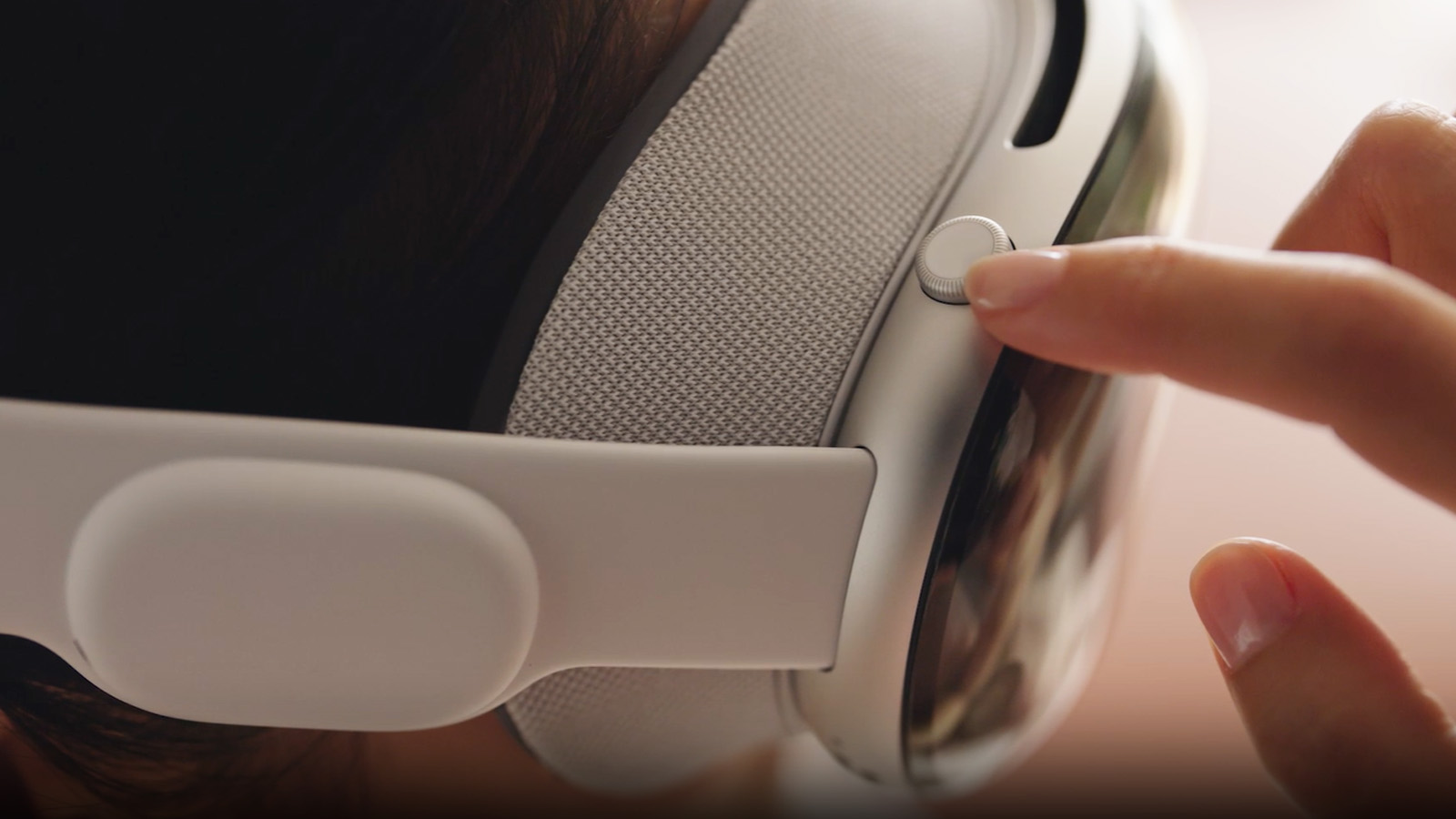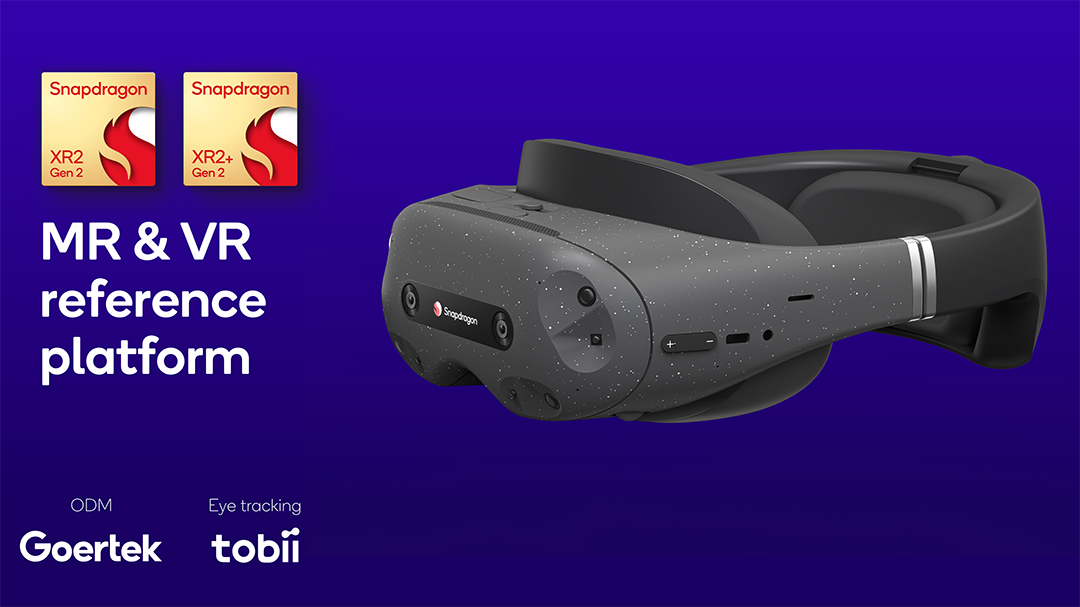
Get all the latest news, reviews, deals and buying guides on gorgeous tech, home and active products from the T3 experts
You are now subscribed
Your newsletter sign-up was successful
When Apple finally revealed its Vision Pro spatial headset, it got the tech world talking like never before. Is now really the time? Is it really going to be worth its asking price? Is this really the dawn of a new computing era? For the handful who tried the headset following Apple's WWDC 2023 event (myself excluded, sadly), the general answer was 'yes' on all counts.
But Apple isn't without competition, of course, and Qualcomm's announcement of its latest XR2+ Gen 2 platform – which is powerful enough to enable 4K spatial headset experiences – also comes with the message that "both Samsung and Google will collaborate in utilising Snapdragon XR2+ Gen 2 to enable new experiences".
My initial knee-jerk reaction was: "What! Samsung and Google are making a 4K spatial headset to rival Apple Vision Pro?". But that would perhaps be misleading: after all, Google pulled the plug on its Iris AR glasses last year, but Samsung did suggest that a Galaxy XR Headset (of sorts) wasn't off the table. Could this Qualcomm reveal bring that one step closer to (virtual) reality?
Inkang Song, Vice President and Head of Technology Strategy Team at Samsung Electronics, is quoted in Qualcomm's announcement release saying: "Samsung is thrilled to collaborate with Qualcomm Technologies and Google in revolutionising the mobile industry once more." I'm not misreading that: this isn't a solo Google or solo Samsung venture, but a combined one.

The big question on my mind, however, is just how much are we talking real product here? 'Experiences' is one thing, 'hardware' is something quite different. But with Apple Vision Pro imminently launching – some suggest late January is possible, but the general expectation is for on-sale to be in February – now is certainly the time to make a statement of intent to counter its expected dominance (well, undeniable really, as there's nothing else like it).
Qualcomm's hardware can certainly deliver the goods, though, with enough power to cater for 4.3K resolution per eye at 90Hz refresh, thanks to a 15% bump in GPU and 20% bump in CPU performance compared to the XR2 predecessor. The company has also created reference design mixed-reality (MR) and virtual-reality (VR) headsets, which I wouldn't be surprised to see shown off at the world's biggest tech show, CES 2024, in Las Vegas this month.
Those reference designs, developed by Goertek and featuring eye-tracking courtesy of Tobii (a global leader in that field) don't yet look to me like true Apple Vision Pro competitors, though, so it's a case of waiting to see which parts fall into place in the future and whether, who knows, Samsung will reveal a Google-collaborated Galaxy XR Headset at its Unpacked 2024 event, also this month. It's going to be a happening January, that's for sure...
Get all the latest news, reviews, deals and buying guides on gorgeous tech, home and active products from the T3 experts

Mike is T3's Tech Editor. He's been writing about consumer technology for 15 years and his beat covers phones – of which he's seen hundreds of handsets over the years – laptops, gaming, TV & audio, and more. There's little consumer tech he's not had a hand at trying, and with extensive commissioning and editing experience, he knows the industry inside out. As the former Reviews Editor at Pocket-lint for 10 years where he furthered his knowledge and expertise, whilst writing about literally thousands of products, he's also provided work for publications such as Wired, The Guardian, Metro, and more.
